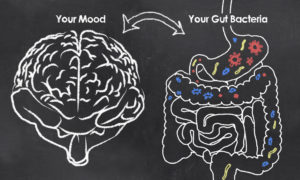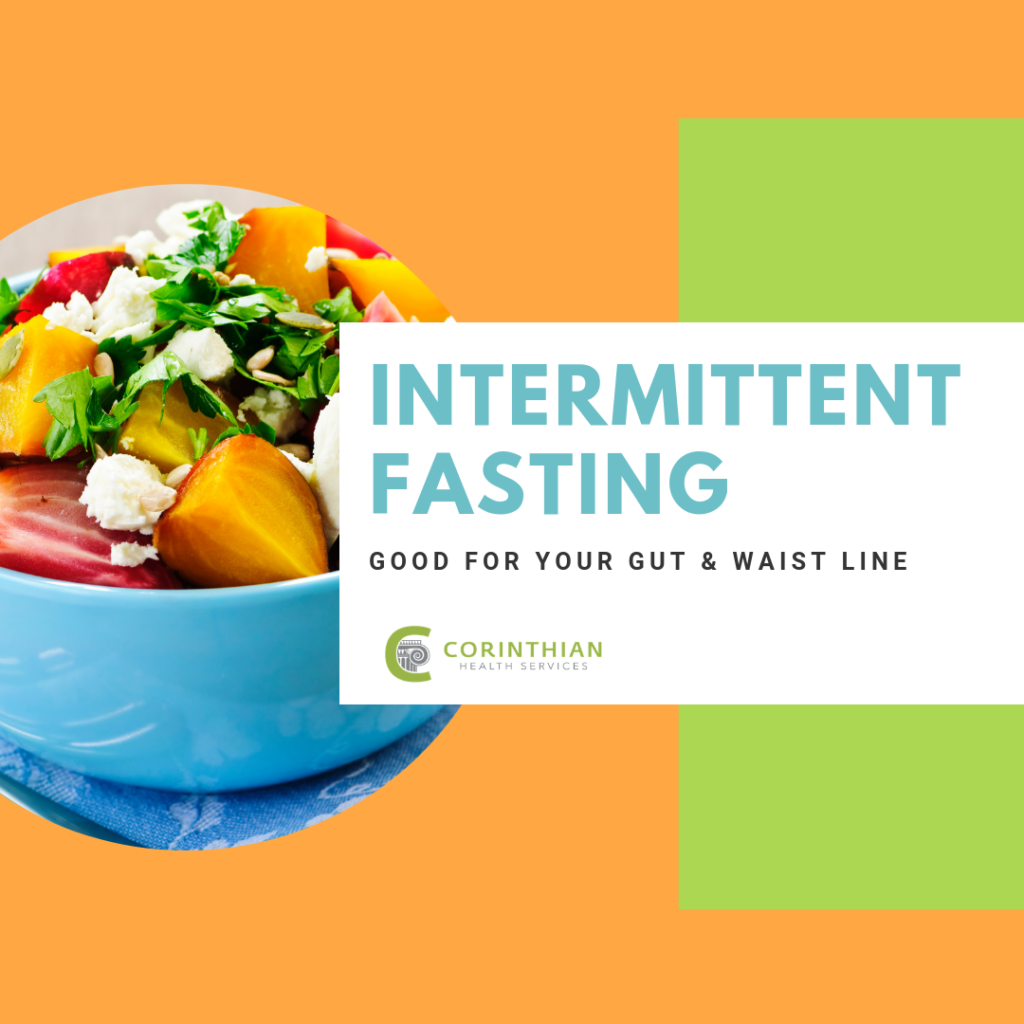Alright everyone, let’s talk about your new favorite topic, your gut microbiome. At any given time, your body has hundreds of trillions of bacteria, and about one to two pounds of that bacteria lives in your gut. I know how that sounds, disgusting. All that bacteria isn’t necessarily bad for you though; your gut microbiota plays an active role in your overall general health and wellbeing. So, it’s time to take care of those little guys!
Effects on Weight
You already knew that what you eat affects your waistline. However, it goes so much more beyond the number of calories and trans-fats you consume. You can easily feed the good microbes by eating fermented and fibrous foods. Just as good microbes create healthy effects, having too many bad microbes in your gut can lead to unhealthy effects. Gut dysbiosis occurs when there is an imbalance between the good and bad microbes. Some believe this contributes to weight gain. For example, there have been several studies conducted on identical twins where one of the twins was obese and one was not. In each case, the gut microbiome between the two was completely different, indicating that the makeup of the microbiome is not genetic. Pass the yogurt, please!
Effects on Anxiety and Depression

Gut/Brain Axis
Ever heard of the gut/brain axis? Not many people have. Scientists are currently researching the link between your gut and emotional behavior. According to research performed by Proceedings of the National Academy of Science, mice fed the bacterium Lactobacillus rhamnosus exhibited fewer symptoms of anxiety and depression.
In fact, studies have been conducted on small children that indicate the composition of their gut microbiome can affect their health, mood, and personality. Ohio State University researchers examined 77 toddlers aged 18 to 27 months and found that things like mood, curiosity, sociability, and impulsivity were all linked to the level of the diversity of microbes in the children’s gut.
Effects on your Overall Health
Have you ever taken an antibiotic and experienced some not-so-pleasant stomach issues? That is because the antibiotic is taking out both the good AND the bad bacteria. This can cause a major imbalance between the microbes which can wreak havoc on your stomach! The more good bacteria you have the better off you are. Good bacteria help fight off serious infections inside your body and forms a shield against the bad microbes in your body.
So! What can you do about this?
Now that we know how important it is to keep your gut in-check, there are easy steps you can take to help your gut flora remain nicely balanced!
- Eat fermented foods like yogurt, sauerkraut, and kefir.
- Limit artificial sweeteners as they can stimulate unhealthy bacteria.
- Limit exposure to sugars, toxins, and trans-fat.
- Eat prebiotic foods like bananas, artichokes, asparagus, and apples.
- Eat whole grains.
- Try a plant-based diet.
- Eat foods rich in polyphenols like green tea, dark chocolate, and olive oil.
- Take a probiotic supplement.
- Take antibiotics only when completely necessary. They kill the good bacteria along with the bad.
The bottom line is that if you want to take care of your health, you need to take care of your gut. This starts with the foods you choose to fuel your body and metabolism. Watching what you eat and maintaining a diverse diet is one of the best things you can do for your health. If you take care of your gut, it will take care of you!

 What is Intermittent Fasting? Have you heard of it? The latest craze to hit the diet scene is so much more than just a craze, it’s a lifestyle. According to the
What is Intermittent Fasting? Have you heard of it? The latest craze to hit the diet scene is so much more than just a craze, it’s a lifestyle. According to the 